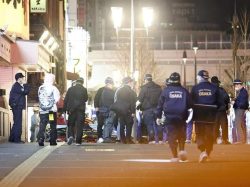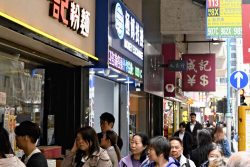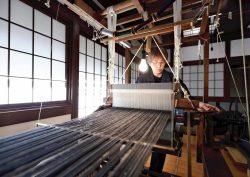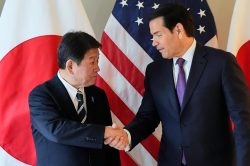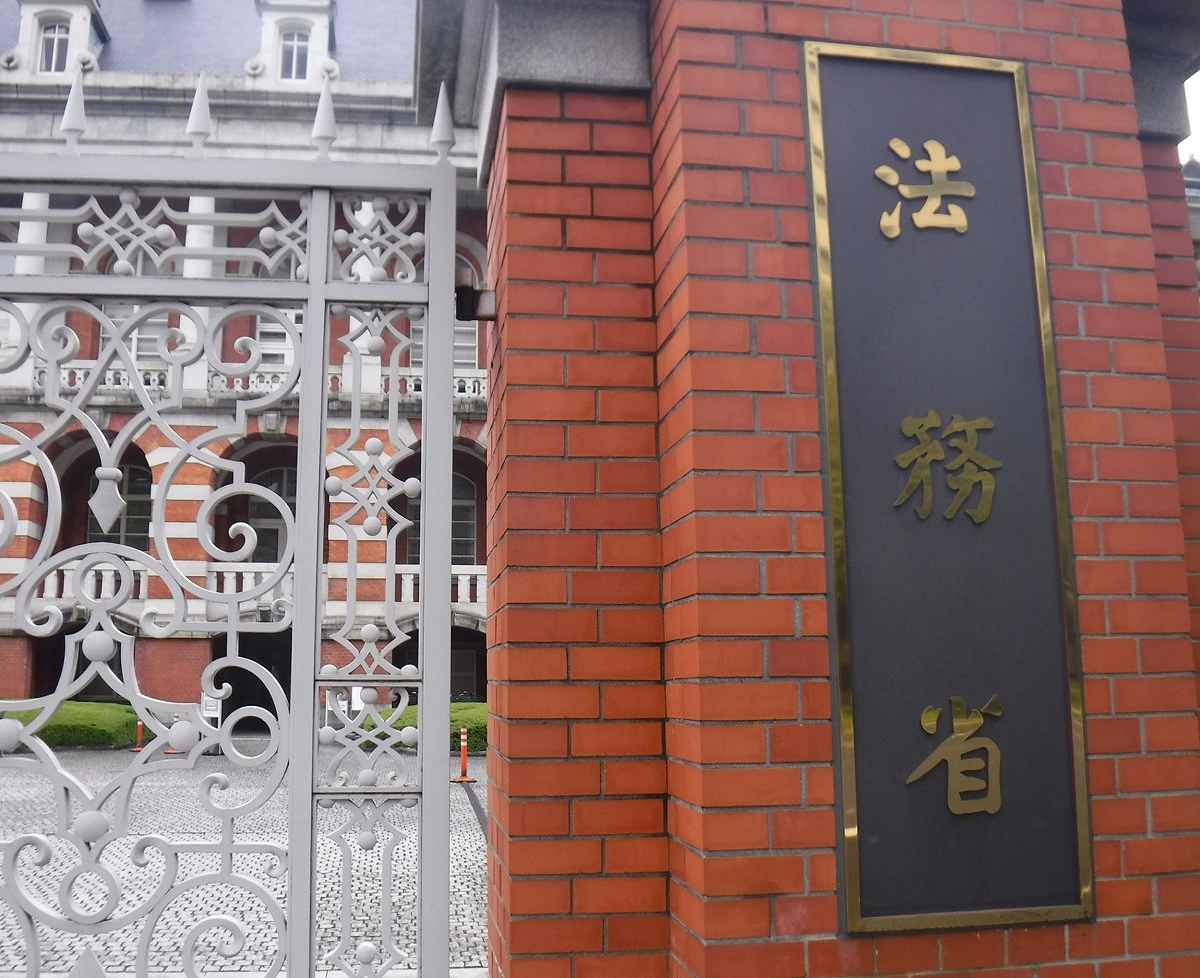
The Justice Ministry building is seen in Chiyoda Ward, Tokyo, on Nov. 3.
13:37 JST, December 29, 2020
It became certain Monday that no death-row inmates will be executed in Japan in 2020, making it the first year without an execution in nine years.
The previous year with no executions was 2011, when the then Democratic Party of Japan was the ruling party.
This year, the Justice Ministry has been busy with work to help revise the Public Prosecutor’s Office Law so that the Cabinet will have the discretion to postpone the mandatory retirement of senior prosecutors.
It is likely that the situation was one of the reasons why no executions were carried out.
The Law on Penal Detention Facilities and the Treatment of Inmates and Detainees states that executions are not to be conducted between Dec. 29 and Jan. 3 in the following year. Therefore, it is not possible for any executions to occur by the end of this year.
According to the ministry, there are 109 inmates whose death penalties were finalized as of Monday.
This year, four of them died of diseases and other causes, and death sentences on two were newly finalized. The two include Satoshi Uematsu, 30, who killed 19 people and injured 26 at Tsukui Yamayuri-en, a welfare facility for mentally handicapped people in Sagamihara, Kanagawa Prefecture.
The Code of Criminal Procedure states that an order of execution “shall be rendered within six months from the date when the judgment becomes final and binding.”
However, in reality, the timing of each execution is left to the judgment of the incumbent justice minister.
In 2011, three justice ministers did not sign orders of execution. They included Satsuki Eda, who advocates the abolition of the death penalty, and Hideo Hiraoka, who is cautious about executions.
In that year, no executions occurred for the first time in 19 years, since 1992.
The number of death-row inmates once exceeded 130. In March 2012, then Justice Minister Toshio Ogawa signed an execution order after a 20-month hiatus. Since then, executions have been carried out every year.
But this year, Justice Ministry officials were thrown into confusion due to the law revision and a scandal that involved Hiromu Kurokawa, who was then chief of the Tokyo High Public Prosecutors Office, playing mah-jongg for money.
In December last year, then Justice Minister Masako Mori signed an execution order, but she resigned in September this year without having signed execution orders again.
Justice Minister Yoko Kamikawa, who succeeded Mori and is now in her third stint in the post, signed orders of execution on 13 former senior members of the Aum Supreme Truth cult in July 2018. In total, Kamikawa signed orders of execution on 16 death-row inmates, the largest number for a single justice minister during the Heisei era (1989-2019).
At a press conference when she took the post of justice minister, Kamikawa said, “It it inevitable to impose the death penalty on those who committed extremely serious and vicious crimes.”
But it is possible that the conditions for signing execution orders were not prepared.
Top Articles in Society
-

Man Infected with Measles May Have Come in Contact with Many People in Tokyo, Went to Store, Restaurant Around When Symptoms Emerged
-

Woman with Measles Visited Hospital in Tokyo Multiple Times Before Being Diagnosed with Disease
-

Australian Woman Dies After Mishap on Ski Lift in Nagano Prefecture
-

Foreign Snowboarder in Serious Condition After Hanging in Midair from Chairlift in Nagano Prefecture
-

Record-Breaking Snow Cripples Public Transport in Hokkaido; 7,000 People Stay Overnight at New Chitose Airport
JN ACCESS RANKING
-

Japan Institute to Use Domestic Commercial Optical Lattice Clock to Set Japan Standard Time
-

Israeli Ambassador to Japan Speaks about Japan’s Role in the Reconstruction of Gaza
-

Man Infected with Measles May Have Come in Contact with Many People in Tokyo, Went to Store, Restaurant Around When Symptoms Emerged
-

China Eyes Rare Earth Foothold in Malaysia to Maintain Dominance, Counter Japan, U.S.
-

Prudential Life Insurance Plans to Fully Compensate for Damages Caused by Fraudulent Actions Without Waiting for Third-Party Committee Review


